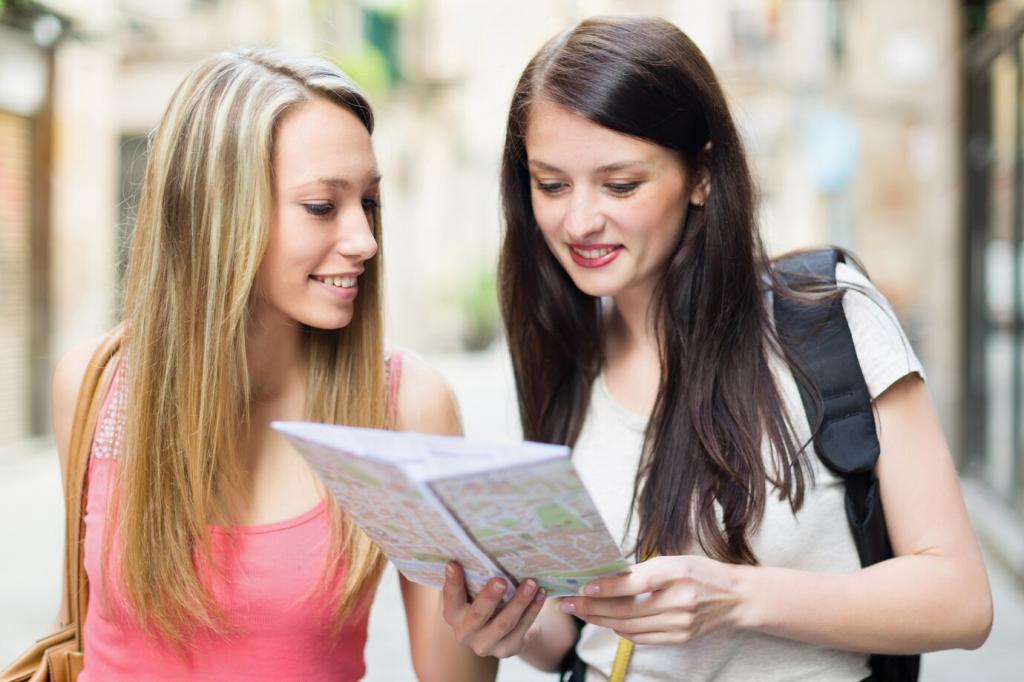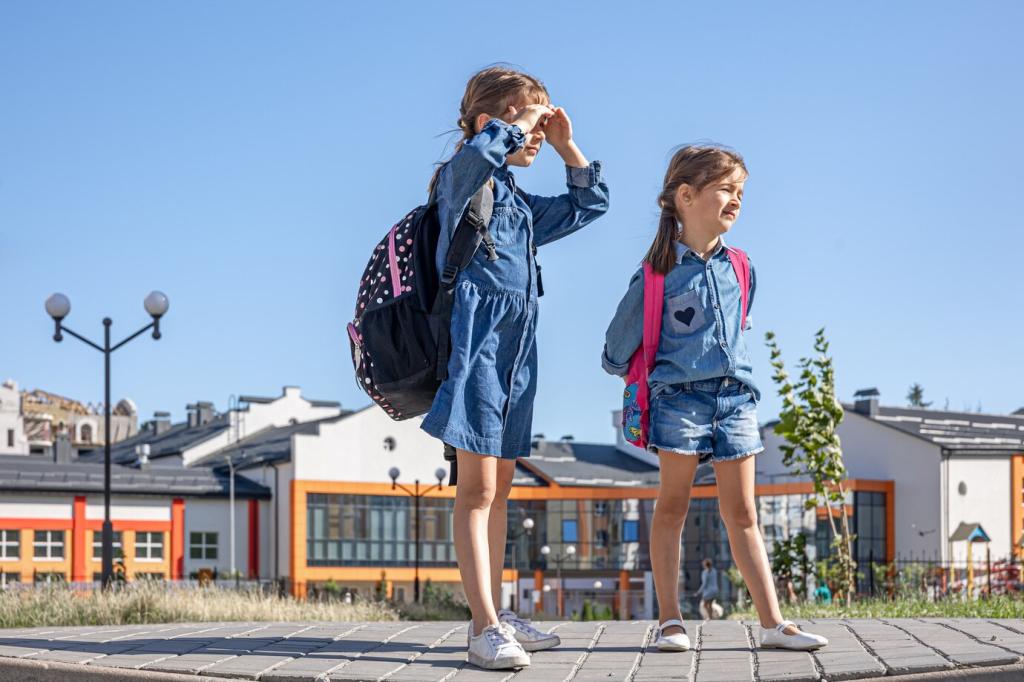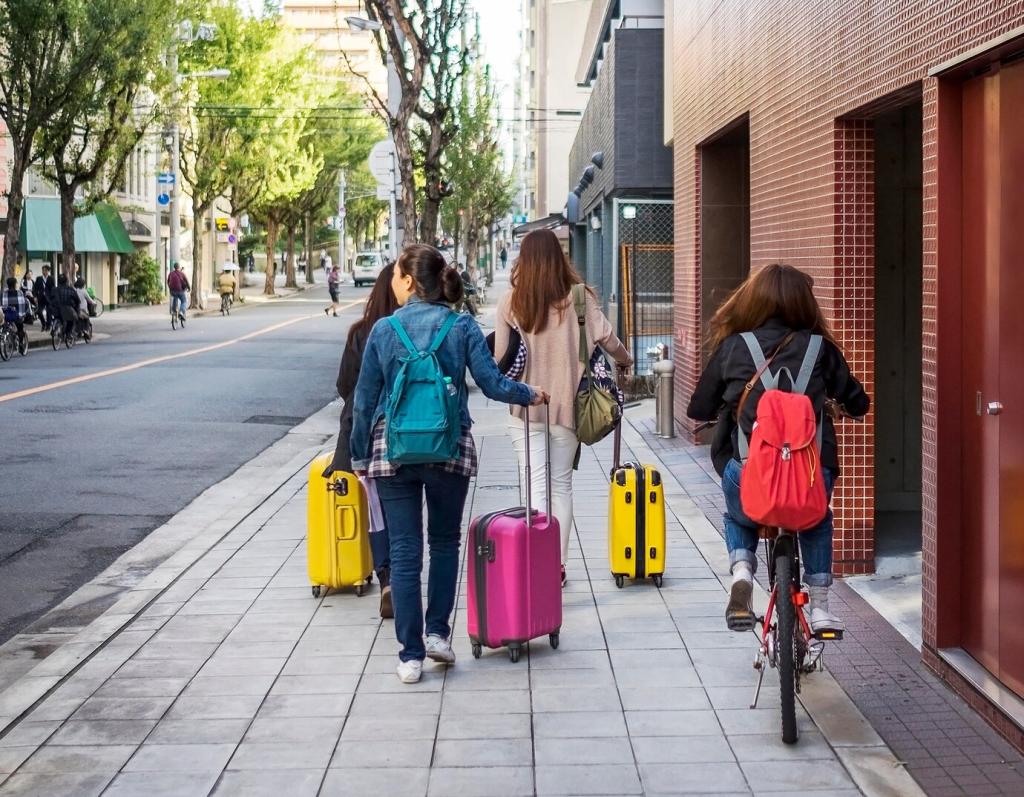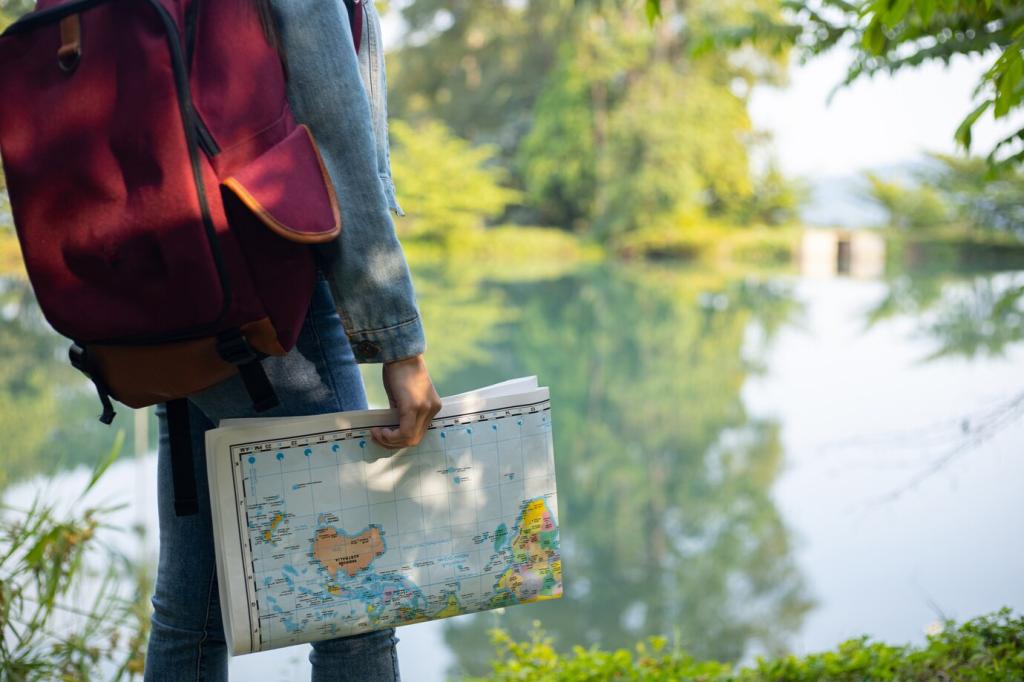Documents, Insurance, and Communication
Create a simple tracker for passports and visas, with color-coded deadlines and contingencies. Share weekly reminders. A two-minute check saved one class when a near-expired passport surfaced just before airline pre-clearance.
Documents, Insurance, and Communication
Compare medical, cancellation, liability, and gadget coverage. Translate policy jargon into clear examples families recognize. Keep the claims phone number on lanyards and in chaperone wallets for immediate, stress-reducing access.
Documents, Insurance, and Communication
Host a pre-trip briefing, publish a concise handbook, and agree on update channels. During travel, share one thoughtful update daily. Afterward, post a gallery and invite reflections. Comment with your best tip for first-time organizers.
Documents, Insurance, and Communication
Lorem ipsum dolor sit amet, consectetur adipiscing elit. Ut elit tellus, luctus nec ullamcorper mattis, pulvinar dapibus leo.





